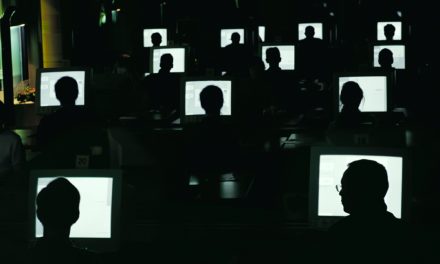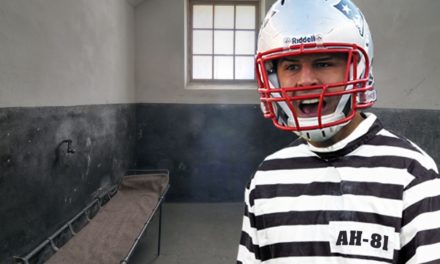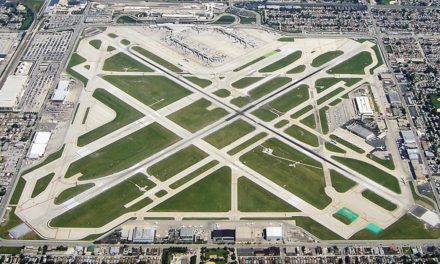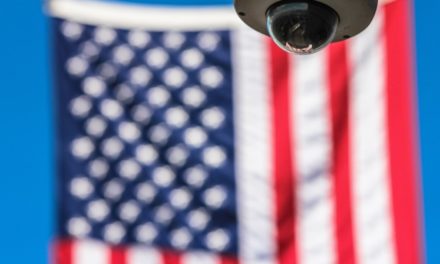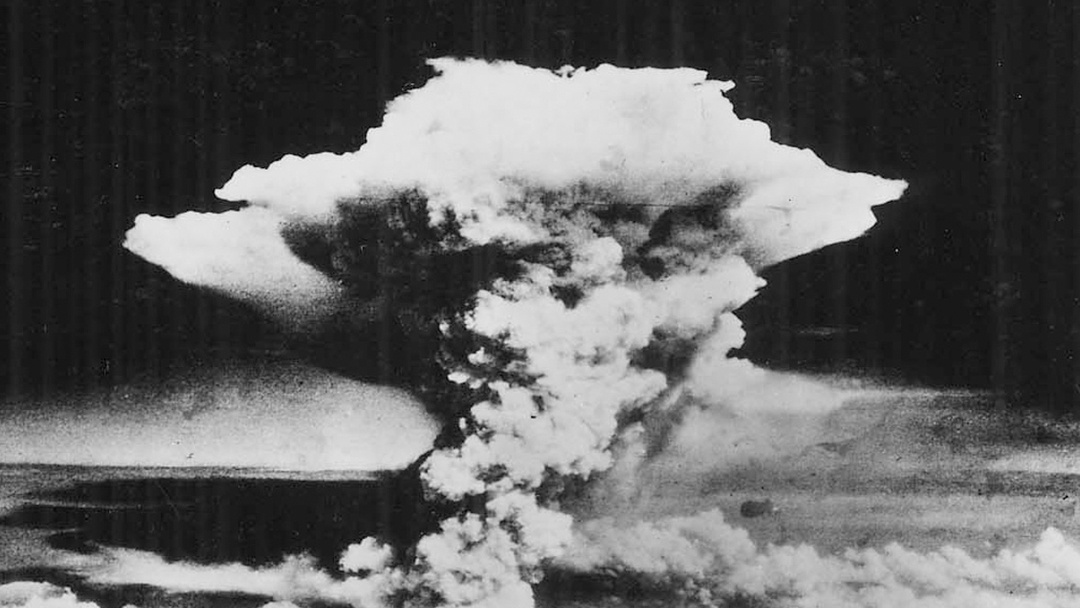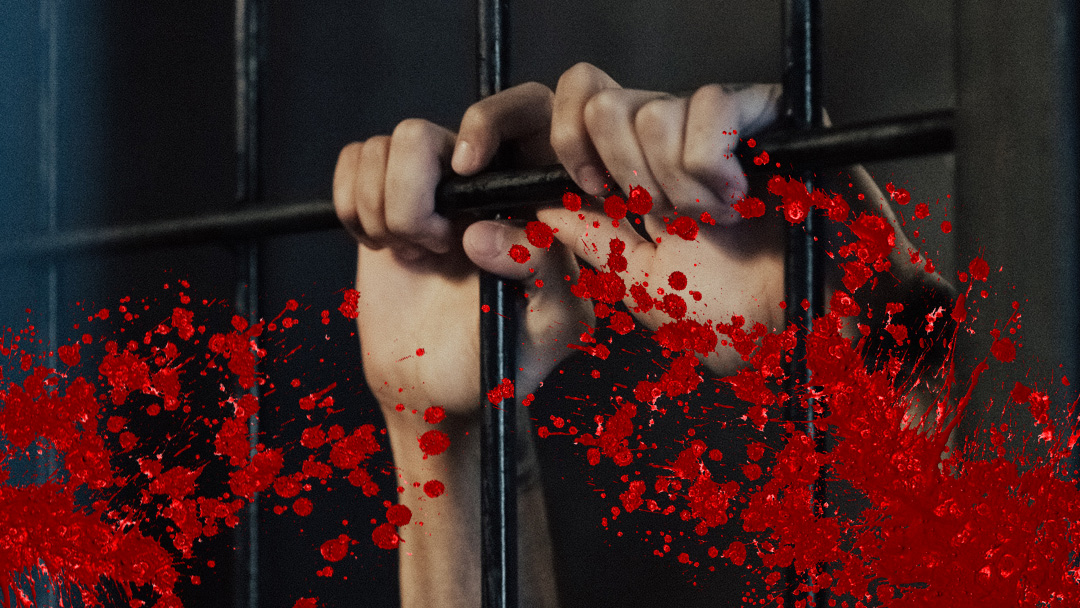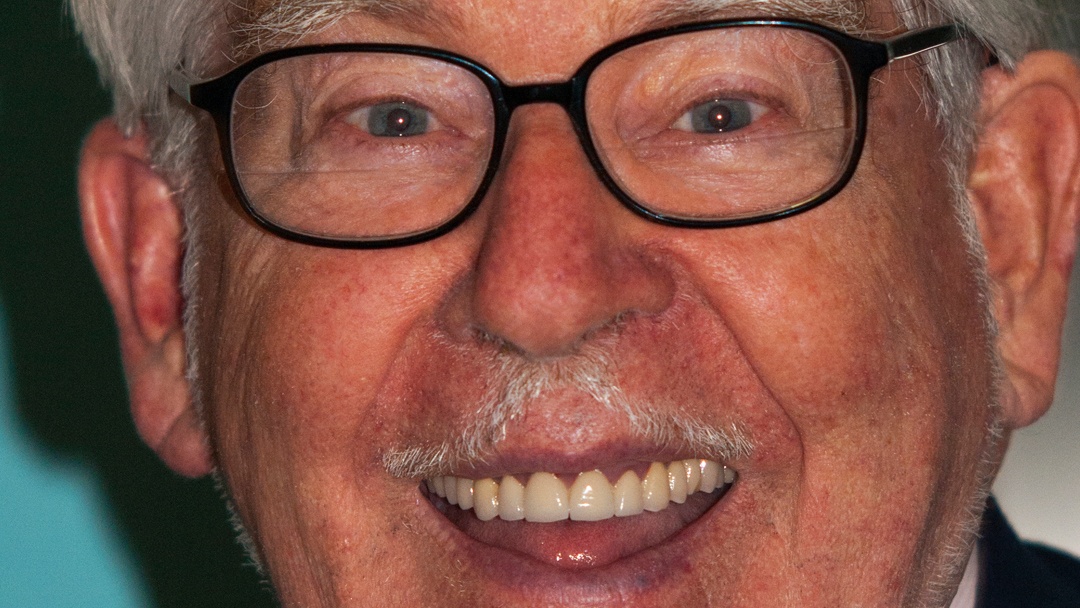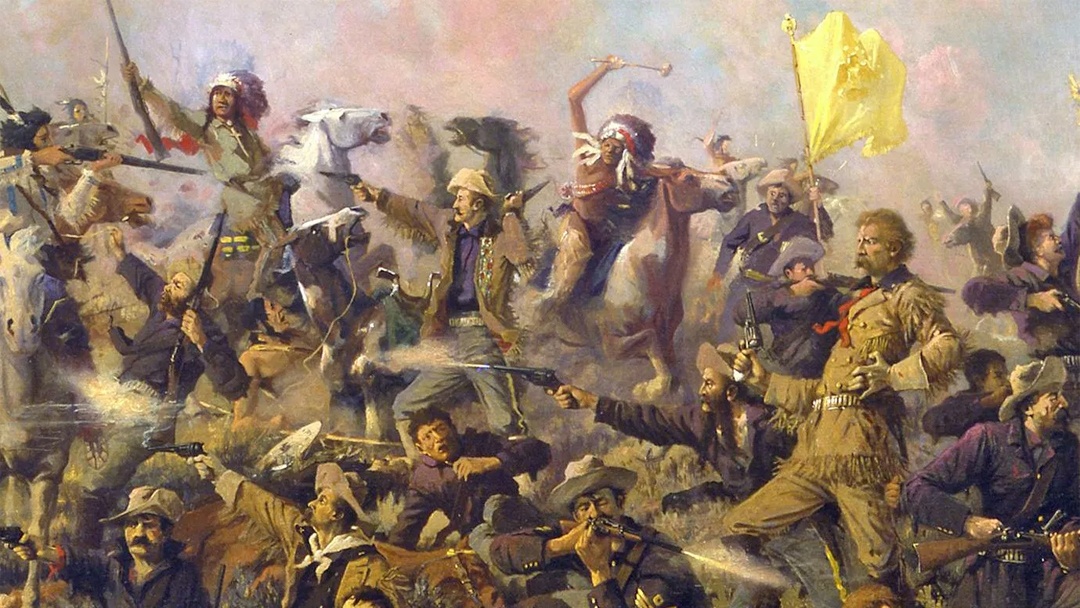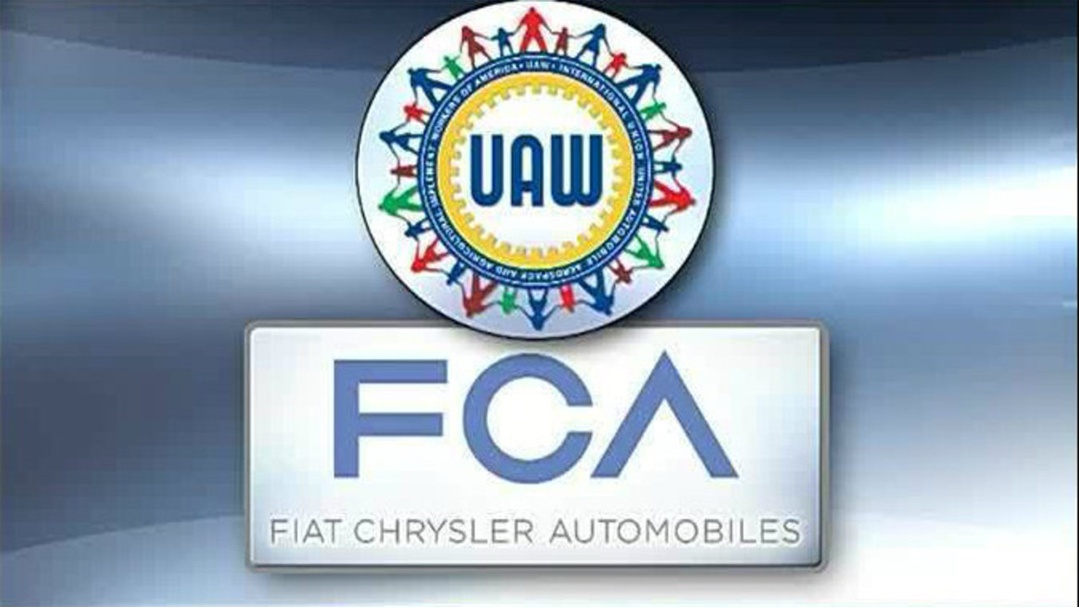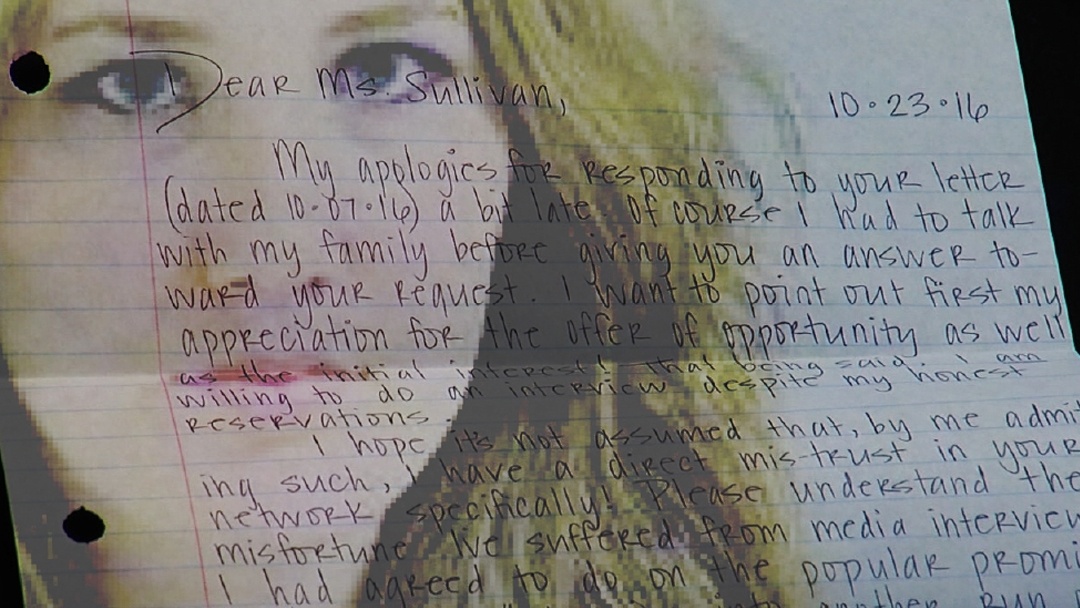In attempts to keep their innovative radar technology a secret, the British Royal Air Force credited carrots for their pilots’ increased success battling German airplanes at night.
Advertisements for the surplus crop popped up everywhere. Popular slogans such as, “Carrots keep you healthy and help you see in the blackout” and “Night sight can mean life or death” encouraged the public to consume carrots. In 1941, cartoon character, Doctor Carrot – the Children’s Best Friend, swarmed newspapers, posters, and radio shows.
Since sugar was rationed, they were promoted as a sweetener and recipes for carrot cake, pudding, and jams pushed the idea that the war could be won in the kitchen.
Disney even created a British cartoon carrot family to fuel the carrot craze. The U.K. and U.S. carrot habit increased immensely.
Carrot consumption won’t necessarily improve eye health unless one is deficient in vitamin A and experiencing night blindness. In these cases, a steady diet of carrots could help eyes adjust to low levels of light. It’s not a miracle snack–but is there harm in telling kids that if it gets them to eat more veggies?
As for the German enemies, there are accounts of commanders feeding their troops carrots, but it’s unlikely they were entirely fooled. It may have been possible to verify radar presence by simply flying over the U.K. and listening to the different radio frequencies.
Still, the WWII military-born myth has lived on for decades.

